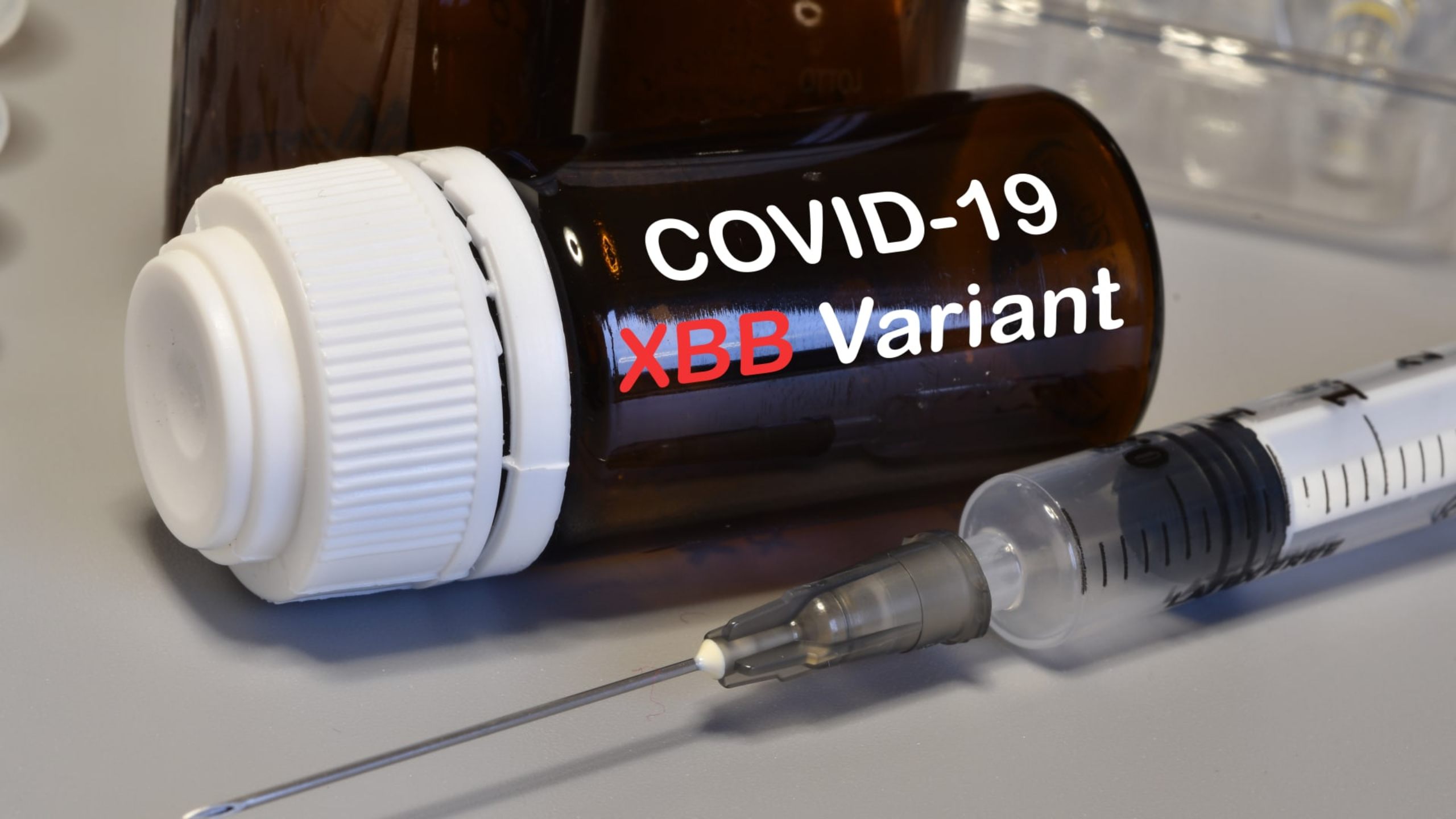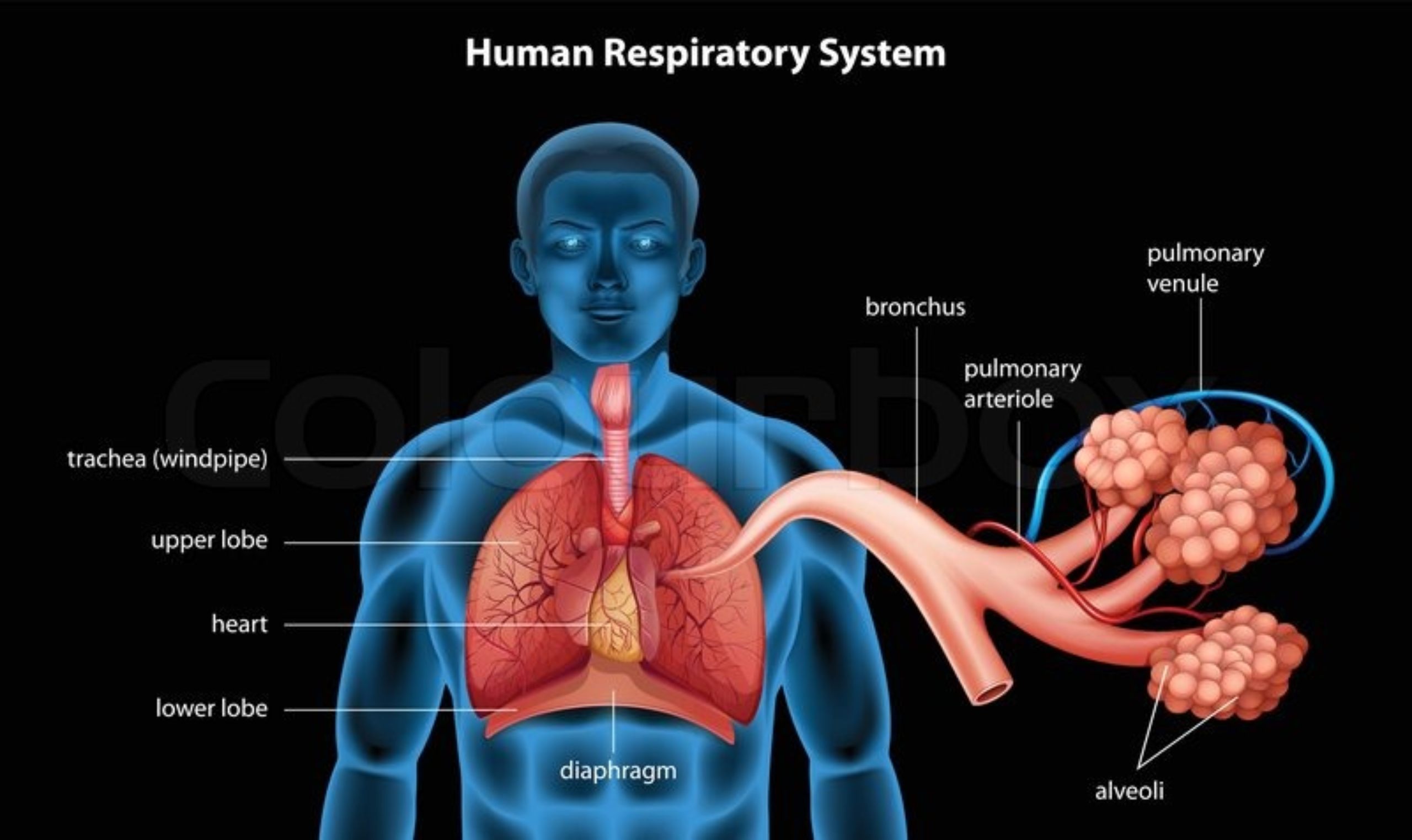In the ever-evolving landscape of health and wellness, immune system has taken center stage as individuals seek ways to strengthen their natural defenses. This comprehensive guide explores a multifaceted approach to immune system, covering topics ranging from boosting immunity through nutrition and supplements to staying informed about the latest developments related to COVID-19, including vaccines, variants, and treatments. Additionally, we’ll delve into the realm of respiratory health, allergies, and autoimmune diseases, providing valuable insights to help you navigate the complexities of immune well-being.
Table of Contents
ToggleBoosting Immunity through Nutrition and Supplements
Nourishing Your Body’s Defenders
Nutrition plays a pivotal role in fortifying the immune system. In this section, we explore the power of dietary choices and supplements to bolster immunity.
Immune-Boosting Foods
Highlighting foods rich in essential nutrients like vitamin C, vitamin D, zinc, and antioxidants, which can help strengthen the immune response.
The Role of Supplements
Discussing the use of supplements such as probiotics, elderberry, echinacea, and garlic, and their potential benefits in supporting immune health.
Lifestyle Factors
Addressing the impact of lifestyle choices, including sleep, stress management, and regular physical activity, on immune function.

COVID-19 Updates: Vaccines, Variants, and Treatments
Navigating the Pandemic Landscape
The COVID-19 pandemic continues to shape our lives. In this section, we provide essential updates on vaccines, variants, and treatment options.
COVID-19 Vaccines
Exploring the different COVID-19 vaccines available, their effectiveness, safety, and the importance of vaccination in community immunity.
Emerging Variants
Keeping abreast of the latest developments regarding virus variants, their potential impact, and the ongoing research into their behavior.
Treatment Approaches
Examining treatment options for COVID-19, including antiviral medications, monoclonal antibodies, and the evolving landscape of therapeutics.

Respiratory Health
Breathing Easy: Protecting Your Lungs
Respiratory health is intrinsically linked to immune function. In this section, we delve into strategies for maintaining optimal lung health.
Respiratory Wellness
Discussing the importance of lung health, common respiratory issues, and proactive measures to support lung function.
Lung-Friendly Exercises
Exploring the role of exercise in promoting lung health, including techniques like deep breathing and pulmonary rehabilitation.
Environmental Factors
Addressing indoor and outdoor air quality, allergens, and pollutants that can affect respiratory health.

Allergies and Autoimmune Diseases
Understanding Immune Responses
Allergies and autoimmune diseases represent complex immune responses and Mental Health and Well-being. In this section, we unravel the intricacies of these conditions.
Allergies Demystified
Explaining the immune mechanisms behind allergies, common allergens, and strategies for managing allergic reactions.
Autoimmune Insights
Uncovering the mysteries of autoimmune diseases, including their prevalence, potential triggers, and the importance of early diagnosis and management.
Immune Balance
Highlighting the delicate balance between immune responses and the body’s defense mechanisms, which play a critical role in both allergies and autoimmune conditions.

Conclusion
Immune health is a cornerstone of overall well-being, and it requires a multifaceted approach encompassing nutrition, the latest insights on COVID-19, respiratory wellness, and an understanding of allergies and autoimmune diseases. By incorporating evidence-based strategies and staying informed about the latest developments, you can empower yourself to strengthen your immune system, protect your health, and navigate the challenges of an ever-changing health landscape. Embrace the journey to fortified immune health and a brighter future.
Frequently Ask Questions
1. What is the normal range of the immune system?
- The immune system doesn’t have a “normal range” like some blood parameters. It’s a complex network of cells, tissues, and organs that work together to defend the body against pathogens. What’s considered normal is the ability of your immune system to effectively protect you from infections and diseases.
2. What are the 4 types of immunity?
- The four types of immunity are:
- Innate immunity: Present at birth, provides immediate but general defense against pathogens.
- Adaptive immunity: Develops after exposure to specific pathogens, creating a targeted immune response.
- Passive immunity: Temporary immunity acquired from another source, such as maternal antibodies or antibodies from a donor.
- Active immunity: Immunity developed through vaccination or by recovering from an infection.
3. What is your immune health?
- Immune health refers to the state of your immune system’s strength and ability to protect your body from infections and diseases. Good immune health means having a well-functioning immune system that can effectively defend against pathogens.
4. What are the 2 main types of immunity?
- The two main types of immunity are innate immunity (natural or nonspecific immunity) and adaptive immunity (specific immunity).
5. What are signs of a weak immune system?
- Signs of a weak immune system can include frequent infections, slow wound healing, fatigue, autoimmune disorders, and susceptibility to illnesses.
6. What are signs of a strong immune system?
- Signs of a strong immune system include infrequent illnesses, quick recovery from infections, high energy levels, and an overall sense of well-being.
7. What are the organs in the immune system?
- The primary organs of the immune system are the bone marrow, thymus, spleen, lymph nodes, tonsils, and the mucosa-associated lymphoid tissue (MALT) found in various mucous membranes throughout the body.
8. What is a weak immune system?
- A weak immune system, also known as immunodeficiency, is characterized by an impaired ability to defend against pathogens, making the individual more susceptible to infections and diseases.
9. How can I test my immune system at home?
- There aren’t widely available home tests to directly measure immune system function. However, you can assess your overall health and immune health by monitoring your general well-being, susceptibility to illnesses, and seeking medical advice if you have concerns.
10. What are 5 signs of a weak immune system?
Five signs of a weak immune system include recurrent infections, slow wound healing, persistent fatigue, autoimmune diseases, and frequent illnesses.
11. How can I boost my immune system in 24 hours?
Boosting your immune system in 24 hours is not feasible, but you can support your immune health through proper nutrition, hydration, adequate sleep, stress management, and regular exercise over time.
12. What is important about immune health?
Immune health is crucial because a strong immune system defends your body against infections and diseases. It plays a vital role in overall well-being and longevity.
13. What are 3 common diseases of the immune system?
Three common diseases of the immune system are: 1. Rheumatoid arthritis 2. Lupus (systemic lupus erythematosus) 3. Multiple sclerosis
14. What is an immunity blood test?
An immunity blood test, also known as a serology test, measures the presence of specific antibodies in the blood to determine if a person has been exposed to certain infections or has developed immunity through vaccination.
15. How do you improve immune health?
To improve immune health, focus on a balanced diet, regular exercise, adequate sleep, stress reduction, proper hygiene, and avoiding smoking and excessive alcohol consumption.
16. Why is immune system weak?
A weak immune system can be caused by various factors, including genetics, medical conditions, medications, poor nutrition, lack of sleep, excessive stress, and aging.
17. How to check immune system?
Directly checking the immune system’s status at home is challenging. Monitoring overall health, frequent illnesses, and consulting a healthcare professional for blood tests or evaluations can provide insights into immune health.
18. What vitamins are good for immune support?
Vitamins that support immune health include vitamin C, vitamin D, vitamin E, vitamin A, vitamin B6, and zinc. These vitamins play essential roles in immune function.
More Stories
From Fear to Freedom: Understanding and Managing Panic Attacks
What Are Panic Attacks? Panic attacks are sudden periods of intense fear or discomfort that peak within minutes. These episodes...
Unlocking a New You: The Complete Guide to Hair Transplant in Dubai
In recent years, Dubai has become a hotspot for medical tourism, particularly for cosmetic procedures. Among these, hair transplants have...
Batana Oil Benefits: A Hidden Gem for Hair and Skin Care
Batana oil, often referred to as "liquid gold" for hair and skin, is one of nature’s best-kept secrets. Extracted from...
How to Choose the Best Steroid Cycles for Cutting Safely and Effectively
The key to getting ultra lean is the best steroid cycles for cutting. The cutting phase is one at which...
Revolutionizing Addiction Recovery: The Rise of Virtual Suboxone Treatment
Addiction treatment has long been a challenge for both patients and providers, requiring access to specialized care and consistent support....
Optimize Your Wellness with Health Hub Singapore: The Ultimate Health Resource
In a rapidly evolving world where health and well-being are increasingly prioritized, having access to a trusted source of quality...


